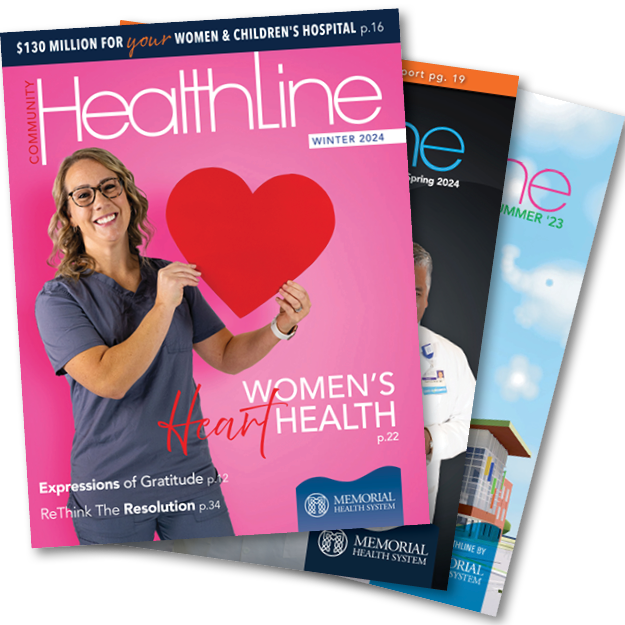Vitamin E
![]() March, 21st, 2025
March, 21st, 2025
Overview
, Overview, ,
Vitamin E is a nutrient that’s important for vision, fighting off diseases and the health of the blood, brain, and skin.
Vitamin E is an antioxidant. Antioxidants might protect cells from the effects of free radicals, which are molecules made when the body breaks down food or is in contact with tobacco smoke or radiation. These molecules might lead to heart disease, cancer, and other diseases.
Foods rich in vitamin E include vegetable oils such as canola and olive oils, nuts, and seeds. Meats, dairy, leafy greens, and fortified cereals also have vitamin E. And the vitamin comes in capsules or drops to take by mouth.
Too little vitamin E can cause nerve pain, called neuropathy, and damage to the retina, called retinopathy. Retinopathy can cause vision loss.
The recommended daily amount of vitamin E for adults is 15 milligrams a day.
What the research says
Research on vitamin E use for certain conditions shows the following:
- Alzheimer’s disease. Some research shows that high-dose vitamin E might slow mild to moderate Alzheimer’s disease. Other studies don’t show this. Vitamin E supplements appear to have no effect on whether people with mild cognitive impairment go on to get Alzheimer’s disease.
- Liver disease. Studies show that vitamin E might improve symptoms of metabolic dysfunction-associated steatotic liver disease.
- Preeclampsia. Increasing intake of vitamin E has not been shown to prevent this pregnancy condition that affects blood pressure.
- Prostate cancer. Research shows that vitamin E and selenium supplements don’t prevent prostate cancer. There also is concern that vitamin E supplements might raise the risk of prostate cancer.
Our take
Caution
Most people get enough vitamin E from a balanced diet. So healthcare professionals don’t often suggest that people take vitamin E supplements. If you’ve been diagnosed with mild to moderate Alzheimer’s disease, some research suggests that vitamin E therapy might help slow the worsening of the disease.
But taking vitamin E by mouth might raise the risk of prostate cancer. Use of the supplement also may have other serious risks. This is mainly true at high doses and for people who have other health conditions or have had a heart attack or stroke.
Also, vitamin E acetate is used in some electronic cigarettes, also called e-cigarettes or vaping devices. Vitamin E acetate has been linked to lung injury in people who vape.
If you’re thinking of taking a vitamin E supplement, talk with your main healthcare professional about whether it’s right for you.

Experts think that vitamin E, when taken by mouth or put on skin in typical amounts, mainly is safe. Rarely, taking vitamin E by mouth can cause:
- Upset stomach.
- Loose stools.
- Belly cramps.
- Tiredness.
- Weakness.
- Headache.
- Blurred vision.
- Rash.
Taking higher doses of vitamin E might raise the risk of side effects. Also, people with heart disease and some other conditions who take high doses of vitamin E have a higher risk of death.
Vitamin E can affect many conditions. For instance, some research suggests that taking vitamin E by mouth may raise the risk of prostate cancer. Other research suggests that vitamin E use may raise the risk of death in people with a history of heart attack or stroke.
Talk with your healthcare professional before taking vitamin E if you have:
- Too little vitamin K.
- An eye condition in which the retina is damaged, called retinitis pigmentosa.
- Bleeding conditions.
- Diabetes.
- A history of heart attack or stroke.
- Head and neck cancer.
- Liver disease.
Vitamin E may raise the risk of bleeding. If you’re having surgery, stop taking vitamin E two weeks before the surgery. Also, talk with your healthcare professional about vitamin E use if you’re about to have or you just had a procedure to open blocked arteries and restore blood flow to the heart, called angioplasty.
Interactions
Vitamin E can affect the way that some medicines and supplements work, including:
- Alkylating agents and antitumor antibiotics. High doses of vitamin E may affect these chemotherapy medicines.
- Anticoagulant and antiplatelet medicines, herbs, and supplements. Use of vitamin E with these medicines, herbs, and supplements that lessen blood clotting may raise the risk of bleeding.
- Cytochrome P450 3A4 substrates, also called CYP3A4 substrates. Use caution when taking vitamin E and other medicines affected by these enzymes, such as omeprazole (Prilosec, Zegerid OTC).
- Statins and niacin. Taking vitamin E with cholesterol-lowering medicines called statins and niacin could keep niacin from working as it should. Niacin helps raise high-density lipoprotein, also called HDL, the “good cholesterol.”
- Vitamin K. Taking vitamin E with vitamin K might keep vitamin K from working as it should.
© 1998-2025 Mayo Foundation for Medical Education and Research (MFMER). All rights reserved. Terms of Use



